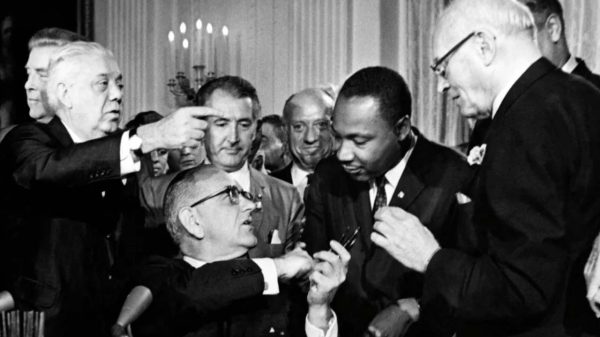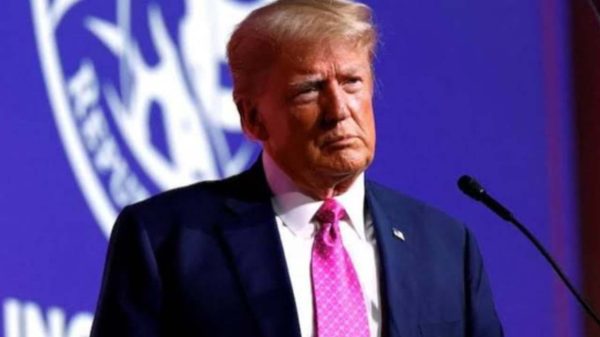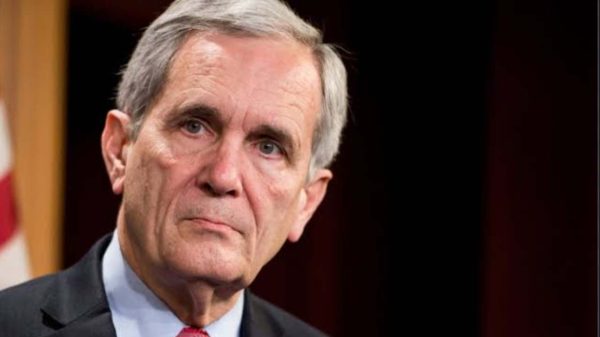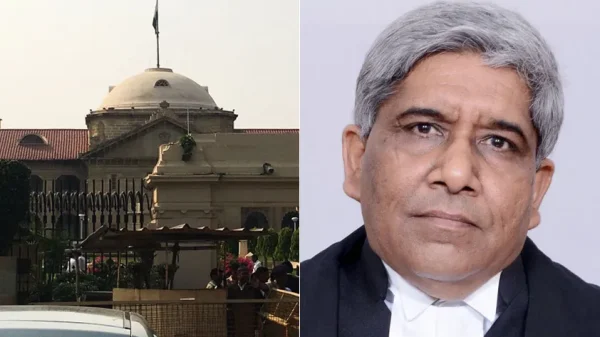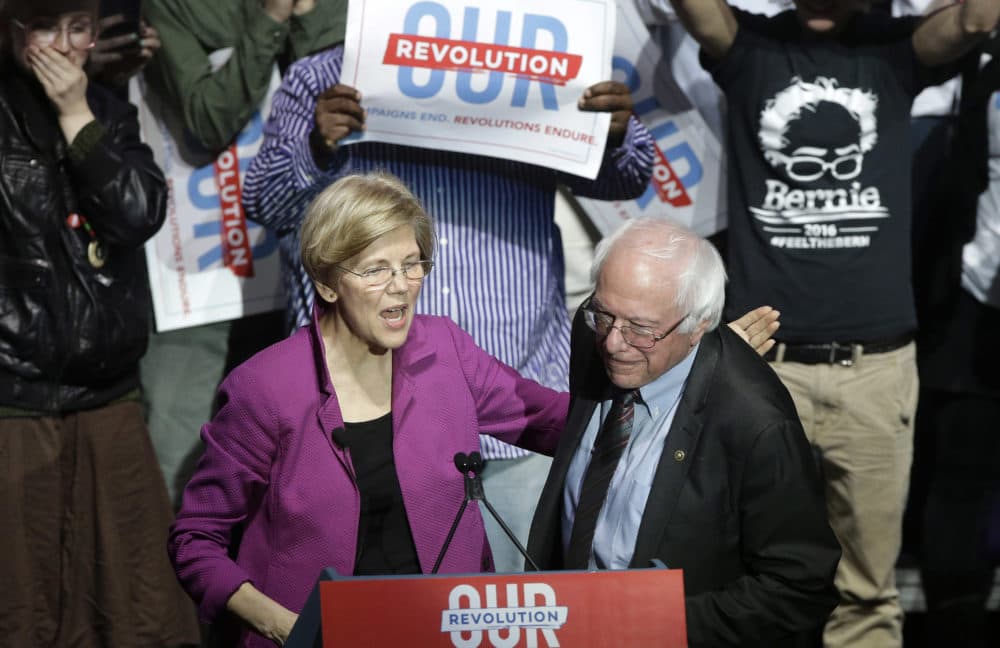Everyone anticipated it: the debate question regarding Bernie Sanders allegedly questioning whether a woman could win the presidency during a 2018 meeting with Elizabeth Warren. Reports of the exchange set the stage for a confrontation, and the candidates did not disappoint.
Sanders dismissed the claim as “ludicrous” and accused Warren of lying. “What I did say that night was that Donald Trump is a sexist, a racist, and a liar who would weaponize whatever he could,” Sanders clarified. However, Warren stood by her version of events, stating, “I thought a woman could win; he disagreed.”
When CNN moderators pressed Sanders on the allegation, he categorically denied it. “Well, as a matter of fact, I didn’t say it,” he insisted, prompting Warren to turn sharply toward him. “Anybody knows me knows that it’s incomprehensible that I would think that a woman could not be President of the United States,” Sanders added, citing Hillary Clinton’s popular vote victory to reinforce his belief in a woman’s viability as president.
Warren, asked for her reaction to Sanders’ alleged comment, reiterated her disagreement while maintaining her friendship with Sanders. She then seized the moment to argue for her electability. “This question about whether or not a woman can be president has been raised, and it’s time for us to attack it head-on,” she asserted. Warren pointed to the men on stage, noting their collective losses in elections, and emphasized that only she and Amy Klobuchar had undefeated records. Furthermore, she claimed to be the only candidate who had defeated an incumbent Republican in the past 30 years.
Klobuchar supported Warren’s point by highlighting successful female Democrats who had recently unseated Republicans in crucial governorships. “I have won every race, every place, every time,” Klobuchar declared.
Sanders, given another opportunity to respond, reminded Warren that he too had defeated an incumbent Republican, albeit 30 years ago. “I defeated an incumbent Republican running for Congress in 1990,” Sanders stated, prompting Warren to clarify her previous point about the past 30 years.
The exchange between Sanders and Warren, once close allies, revealed a significant miscommunication about their 2018 meeting. Whether both are accurately recounting their perceptions of the conversation remains unclear, but the incident has undeniably strained their year-long non-aggression pact.
After the debate, Warren approached Sanders, seemingly to discuss the matter further. Sanders listened but ultimately waved his hands and turned away, a moment that underscored the tension between them. “The Senator reached out his hand to shake her hand and she didn’t do it,” noted Ohio state Sen. Nina Turner, a national co-chair for Sanders’ campaign, suggesting the post-debate interaction was anything but amicable.
In the end, the specifics of their 2018 conversation remain known only to Sanders and Warren, leaving the public to interpret their conflicting accounts and the future of their political relationship.











